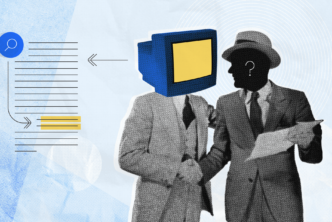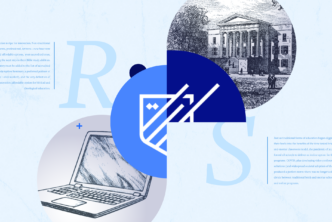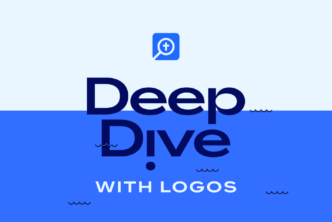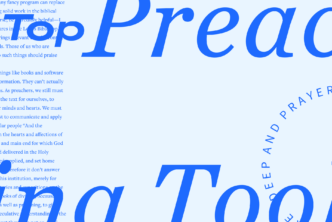When we talk about how big our libraries are, we sometimes get asked:
“Why would I need so many books? How could I possibly read them all?”
It’s a reasonable question.
There are 200 books in Starter, 2,500 in Portfolio, and more than 40,000 available altogether in Logos. We’re adding between 50 and 100 books each week. We’re regularly producing multivolume commentaries, big reference sets, and bundles with dozens or hundreds of books. It’s a lot of material.
The power of networks
When Alexander Graham Bell invented the telephone, it was a technological marvel, but it was useless by itself.
So he added a second phone and connected the two. Now they worked—but only if they were connected. As more phones were added—three, four, five, ten, a hundred, a thousand—the phones stopped being as valuable as the network itself.
With a thousand phones, you can remove one without compromising the network: the network has become its own thing, which makes each individual phone more valuable.
The network adds more value than the phone has by itself.
Years ago, Bob Metcalfe quantified this. Metcalfe’s Law states that the value of a network is equal to the square of the size of the network:
“If there are n people in a network, and the value of the network to each of them is proportional to the number of other users, then the total value of the network (to all the users) is proportional to n * (n – 1) = n2 – n. If the value of a network to a single user is $1 for each other user on the network, then a network of size 10 has a total value of roughly $100. In contrast, a network of size 100 has a total value of roughly $10,000. A tenfold increase in the size of the network leads to a hundredfold increase in its value.”
As you add more nodes, the efficiency and value of the network increase exponentially.
So what does this have to do with Logos books?
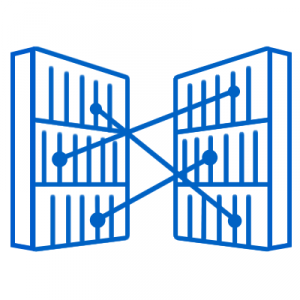
Logos books are tightly linked to one another. Click a citation to access the source. Then click the Bible reference in the source to see the Greek text. Then click a Greek word to open your lexicon. Then click one of the examples of classic literature in the lexical entry to see the source. And repeat.
In the 59-volume Word Biblical Commentary, there are 1,279,318 links to thousands of books. When you consider Logos base packages that offer hundreds or thousands of books, we’re talking about a very, very large number of links. As the number of resources rises linearly, the number of links rises exponentially—along with the overall value of the library as a whole.
This is what makes Logos books different from print, not to mention from other ebook formats. Just like a disconnected phone isn’t as valuable as a connected one, a disconnected print edition or ebook isn’t as valuable as a connected one.
When you add a book to your library, you’re not just adding content to your library, like you would be if you placed a new print book on a shelf. Instead, you’re adding a new destination for thousands of links in your library that already exist right now.
Print books and other ebooks are the end product themselves. They have inherent value, but that’s it. Logos books, on the other hand, have not only the same inherent value as print, but also the networked value: they’re your entry into a massive, interconnected ecosystem of resources for Bible study, research, and more. This is what makes them so much more valuable than other editions.
So when you hear about a Logos user adding a 10-volume commentary set to their base package, it’s not because they want to read all 10 books. In fact, they might never read any of the books—not cover-to-cover, at least. Instead, they’re adding value to their whole library.
Build a bigger, smarter library
Right now, you can get a custom Logos 5 upgrade discount!
Get the most out of your library—check out your discount, and upgrade today.


